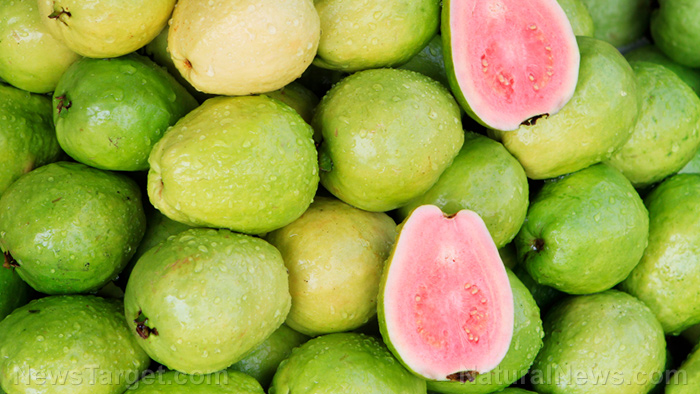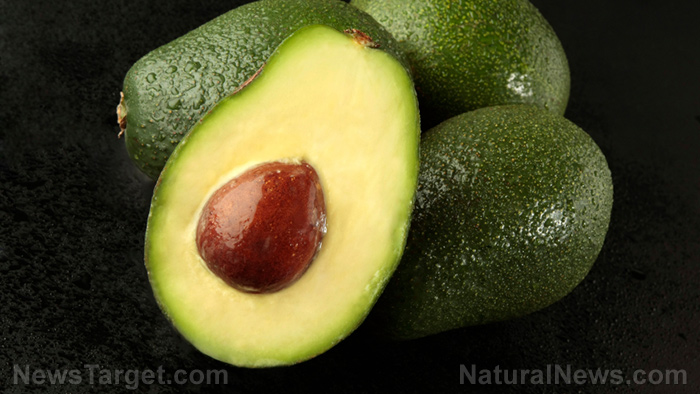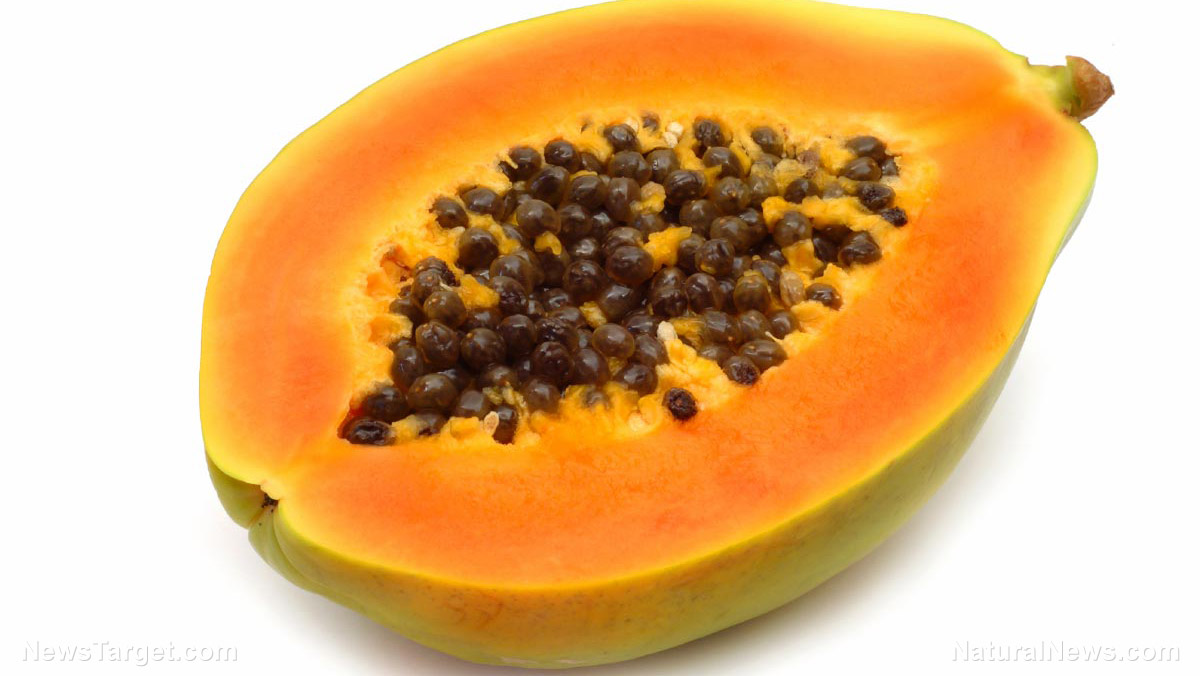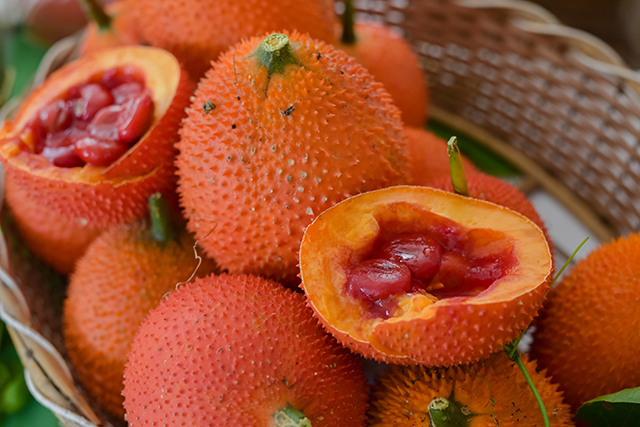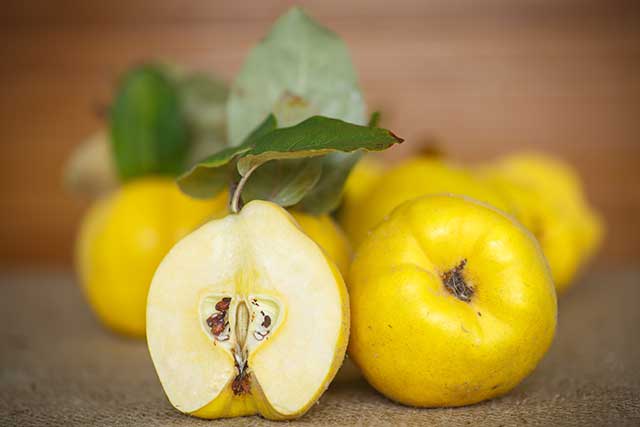Jaboticaba – sources, health benefits, nutrients, uses and constituents at NaturalPedia.com
08/03/2017 / By Earl Garcia
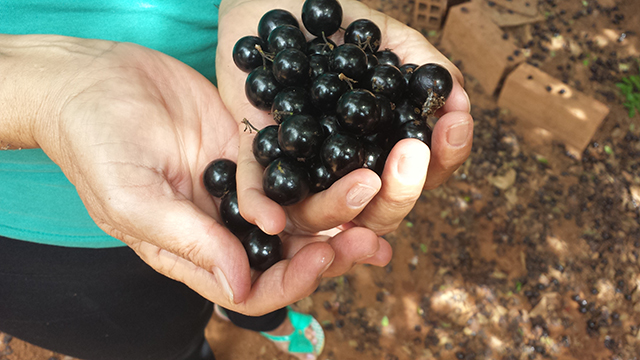
Jaboticaba is a dark, sweet fruit that is native only to South America, especially in Brazil. The plant can also be found in Argentina, Bolivia, Peru, and Paraguay. According to an article on the Gardening Know How website, the jaboticaba tree belongs to the same plant family as myrtles. The plant is characterized by its dark purple fruits growing on old branches and trunks, rather than along new growth as with other fruit trees. The superfood has many names including Brazilian grape, jabuticaba, and guapuru.
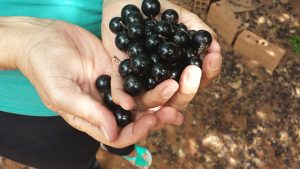
List of known nutrients
Jaboticaba is packed with important nutrients that bolster the body’s overall health. An article on the nutrition and health information portal Value Food notes that the fruit contains the following:
- Anthocyanins
- Calcium
- Copper
- Ellagic Acid
- Ellagitannin
- Fatty Acids
- Folic Acid
- Iron
- Magnesium
- Manganese
- Niacin
- Phosphorus
- Potassium
- Riboflavin
- Thiamine
- Vitamin C
- Vitamin E
- Zinc
Medicinal uses for jaboticaba
Jaboticaba is an excellent source of antioxidants such as anthocyanins that counter the harmful effects of free radicals and stave off cellular damage. Because of this, it is touted for its potential in cancer prevention. Likewise, the fruit is found to contain anti-inflammatory properties that further enhances its capacity to fight cancer.
The anthocyanins and polyphenols in jaboticaba are also known to promote overall cardiovascular profile and slash the risk of developing related diseases. The powerful compounds found in the fruit are shown to improve the body’s lipid metabolism. According to a previous study, adding jaboticaba to diet may help curb total serum cholesterol and triglyceride levels as well as increase good cholesterol rates. Additionally, the fruit’s peels are loaded with dietary fiber that help lower bad cholesterol levels.
In addition, the superfood is touted for its potential in diabetes prevention and management. According to a previous study, jaboticaba peels are notably effective in regulating blood sugar levels. The researchers noted that the fruit’s high fiber and low calorie content make it an ideal food fare for people who already have diabetes. Aside from this, the fruit’s rich fiber supply is known to facilitate bowel movement and improve the body’s digestive process. Likewise, the fruit’s high nutrient content is shown to detoxify the liver and intestinal tract.
Moreover, jaboticaba is notably high in essential minerals — such as calcium, magnesium and potassium — that promote bone strength and integrity. This, in turn, lowers the odds of developing bone diseases such as osteoporosis. Likewise, the superfood’s anti-inflammatory properties help relieve arthritis and other inflammation-related conditions.
Furthermore, jaboticaba boasts with strong astringent properties that may alleviate a host of respiratory conditions. This effect helps the bronchial air passages to open and relieve asthma. The superfood’s remarkably rich iron and folate content is also found to improve pregnancy and promote fetal development. Additionally, the fruit is shown to contain high levels of depsides, which are polyphenolic compounds that have antioxidant, antibiotic, anti-HIV (human immunodeficiency virus) and anti-proliferative properties. Likewise, a depside compound called jaboticabin is associated with better overall health.
Body systems supported by jaboticaba
Jaboticaba is an excellent superfood that promotes the digestive system’s overall health. Likewise, the fruit is helpful in maintaining a healthy cardiovascular profile. In addition, jaboticaba is beneficial to both the skeletal and respiratory systems. The fruit’s high nutrient value is also helpful in fortifying the immune system.
Ways to use jaboticaba
Jaboticaba’s sweet flavor makes it a staple in many dessert recipes. Likewise, the fruit is commonly used in making jams and preserves and juices. The superfood is also noted for its highly fermentable nature. Because of this, jaboticaba is usually used in the production of strong wines.
Where to learn more
Summary
Jaboticaba prevents the development of cancer, diabetes, and cardiovascular diseases.
Jaboticaba helps stave off osteoporosis and arthritis, digestive issues, and respiratory conditions.
Jaboticaba benefits the digestive, cardiovascular, and skeletal systems.
Jaboticaba also supports the immune, respiratory, and reproductive systems.
Sources include:
Tagged Under: Jaboticaba











